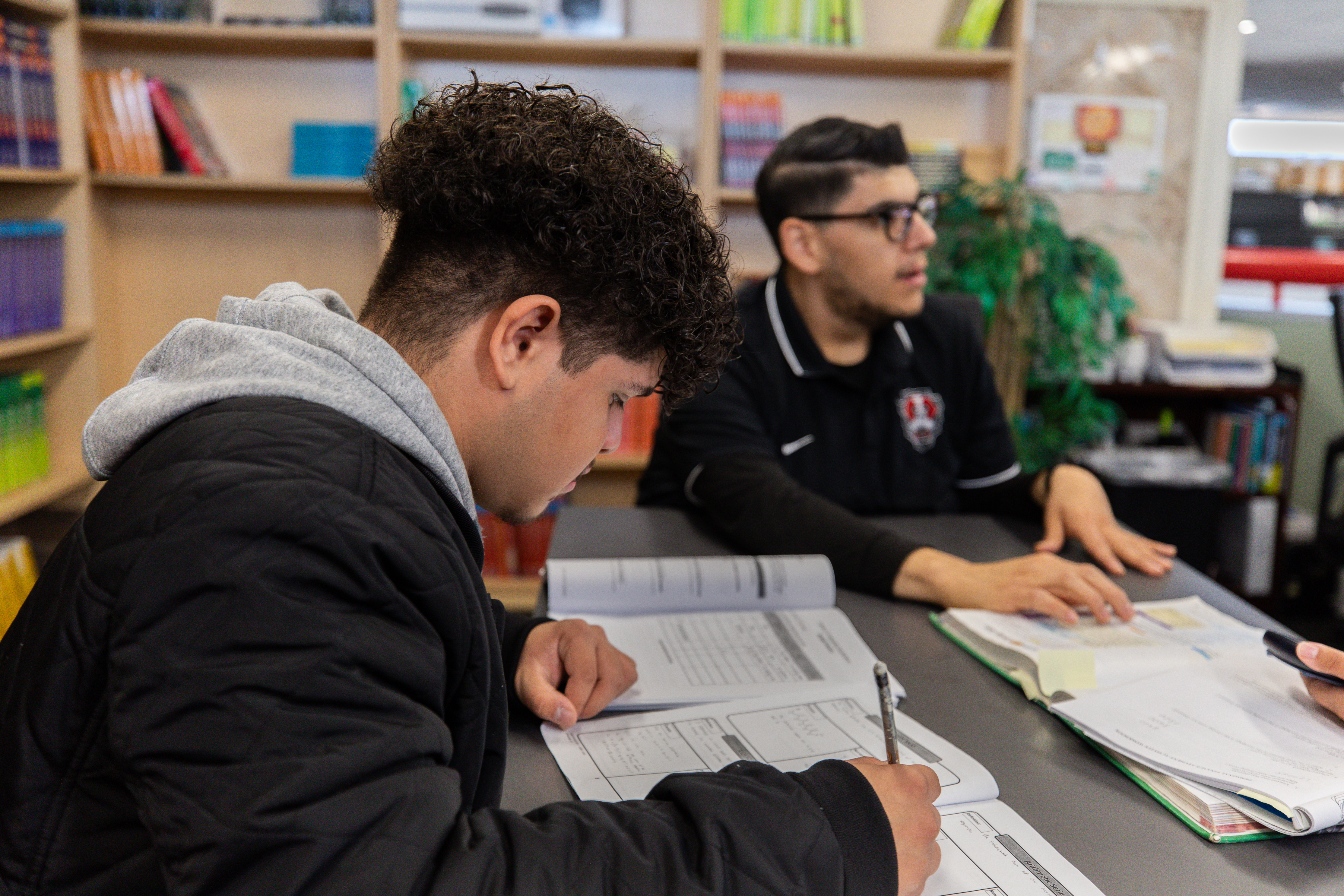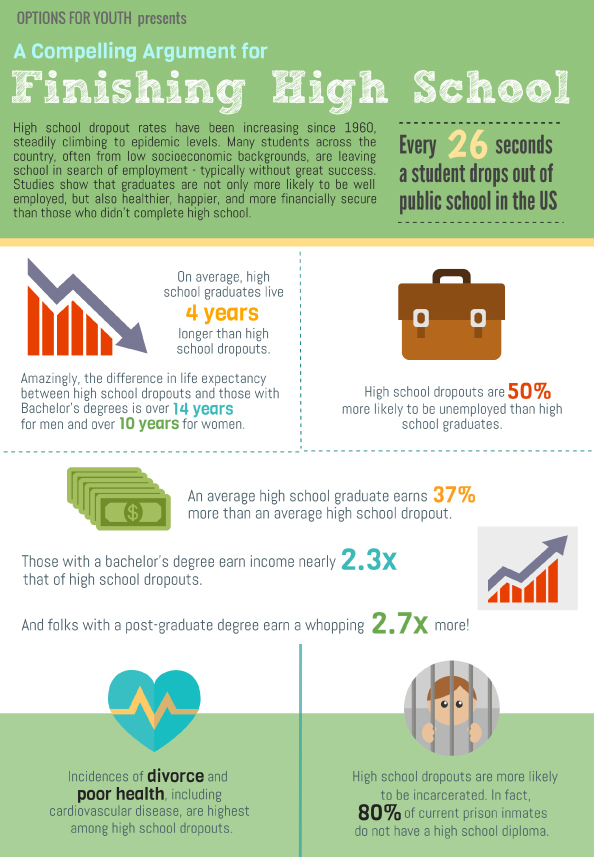The High School Completion Crisis: Why 40% of Teen Students Don’t Finish High School

Did you know that nearly 40% of high school students don’t finish their education (John Hopkins)? That’s a staggering number, and it’s a problem that affects not just the students, but entire communities. High school completion is often seen as a necessary step for a bright future, but for many teens, it can feel out of reach. Let’s take a closer look at why so many students are unable to graduate and what we can do to help them succeed.
Why Are So Many Students Not Finishing High School?
There’s no single reason why students leave high school early. In fact, many factors contribute to a teen’s decision to stop pursuing their education. Some of the most common reasons include:
- Lack of Engagement: Traditional schooling doesn’t always meet the needs of every student. For some, the curriculum feels disconnected from their lives or career aspirations.
- Personal and Family Issues: Many students face challenges at home—whether it’s financial strain, family responsibilities, or health issues—that make it difficult to stay focused on school.
- Mental Health Struggles: Anxiety, depression, and other mental health challenges are increasingly affecting teens, and without the proper support, these issues can derail their academic journey.
- Falling Behind Academically: Once students fall behind in their studies, it can feel nearly impossible to catch up. Without personalized support, they often lose motivation.
- Lack of Support Systems: Schools may not always offer the resources that students need, like flexible schedules, career guidance, or access to counselors.
The Impact on Students and Society
The consequences of not finishing high school are far-reaching. Here are a few key stats that underscore the impact:
- Lower Lifetime Earnings: According to the U.S. Career Instituate, people with a high school diploma out earn their counterparts without a diploma by at least $9,000 a year. (USA Career Institute)
- Crime and Incarceration Rates: High school dropouts are more likely to become involved in the criminal justice system. According to the Northeastern University, adults without a high school diploma are 63% more likely to be incarcerated. (Northeastern)
What’s Being Done to Help?
The good news is that we don’t have to accept these statistics as the status quo. There are programs and solutions designed to help students who may be struggling to finish their high school education. Some effective strategies include:
- Alternative Education Programs: These programs offer a more flexible, personalized approach to learning. They help students who don’t thrive in traditional classroom settings stay on track.
- Career-Focused Learning: By connecting education to real-world careers, students are more likely to stay engaged and see the value in completing their high school education.
- Social and Emotional Support: Providing students with access to mental health counselors, peer support networks, and mentorship can help them manage personal challenges that might interfere with their studies.
- Flexible Scheduling: Many students juggle school with jobs, family responsibilities, or other commitments. Flexible schedules and online learning options allow students to continue their education on their own terms.
How OFY is Making a Difference
At OFY, we understand that every student has unique needs. That’s why we offer a tailored, flexible approach to help teens finish high school, regardless of the challenges they may be facing. With our individualized programs, we provide:
- One-on-one support to help students catch up or stay ahead.
- Flexible learning options that fit students’ busy schedules.
- Career pathways that connect education to future job opportunities, making school feel more relevant and engaging.
- Social-emotional learning programs such as experiential learning that address the mental health and emotional well-being of students.
Our goal is simple: to empower students and families to take control of their education and finish strong.
Together, We Can Make a Difference
The high school completion crisis is a complex issue, but it’s one we can address with the right support systems, personalized education, and community involvement. By working together, we can help ensure that more students stay in school, finish their high school education, and go on to achieve their goals.
Let’s break the cycle and give every student the chance they deserve to succeed.
Ready to take control of your education? Learn more about how OFY can help you reach your goals!
.png?width=1080&height=333&name=OFY-Logo-Horizontal-(color).png)

